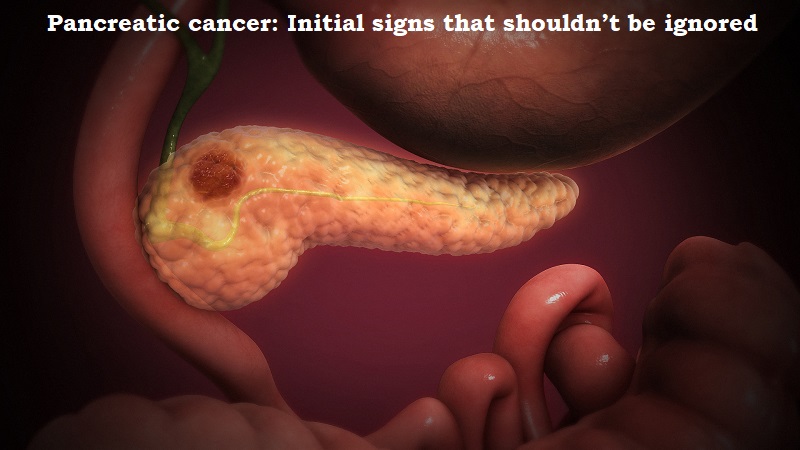
The pancreas is a glandular organ beneath the stomach that can develop pancreatic cancer when cells grow uncontrollably and form a tumour. These cancerous cells are lethal and have the ability to spread throughout the body.
Pancreatic cancer symptoms can vary from person to person. However, some of the most common symptoms reported by patients include back pain that originates in the abdomen, appetite loss or unintentional weight loss, jaundice (yellowing of the skin), dark urine, blood clots, fatigue and skin itching.
When should a patient worry about the itch?
A buildup of bilirubin, a substance found in bile, causes jaundice, which gives the skin and eyes a yellow appearance. A bile duct transports bile from the liver into the small intestine.
When anything, like a pancreatic tumour, prevents the liver from releasing bile, bilirubin builds up. Jaundice, a disease that may affect people with pancreatic cancer, can cause severe itching.
One of the major clinical signs of pancreatic cancer is uncomfortable and chronic itchy skin, which is followed by a skin colour change. Itching as a symptom is frequently misdiagnosed as an allergic reaction and is not a common symptom of pancreatic cancer.
Because itching can be a symptom of a deadly disease such as cancer, it is best to seek medical attention rather than scratching the skin.
What causes tumour in the pancreas?
Researchers are still unsure of the primary causes of pancreatic cancer, but there are some common factors seen in pancreatic cancer patients, such as:
1.Smoking and using other tobacco products
2.Obesity or having excess weight around the waist
3.Diabetes, particularly type 2 diabetes, which is related to obesity
4.Gene changes (mutations) caused by hereditary chronic pancreatitis that are transferred from parent to child can also cause the disease.
Is Pancreatic cancer easily detectable?
Pancreatic cancer can be a silent disease in its early stages because it is difficult to detect and is usually not discovered until it is advanced. As a result, complications may arise at a later stage.
Complications from pancreatic cancer can occur due to a variety of factors, including pressure on neighbouring organs, a lack of molecules produced by healthy pancreatic cells, the disease’s own metabolism, or tumour spread (metastases) to other areas of the body.
When is it time for treatment?
When symptoms appear, it is best to seek medical attention from a doctor, who will assess the patient’s condition and recommend appropriate treatment options.
The Takeaway
While there is no single cause of pancreatic cancer, there are some precautions you can take to reduce your risk. People should first ensure that they are eating a healthy diet. Include more green vegetables and colourful fruits, and limit your intake of processed, oily, and sugary foods.
Maintaining a healthy weight through regular exercise, even if it is as simple as going for short walks, is critical. Most importantly, to avoid the risk, avoid unhealthy habits such as smoking or excessive alcohol consumption.

Post Your Comments